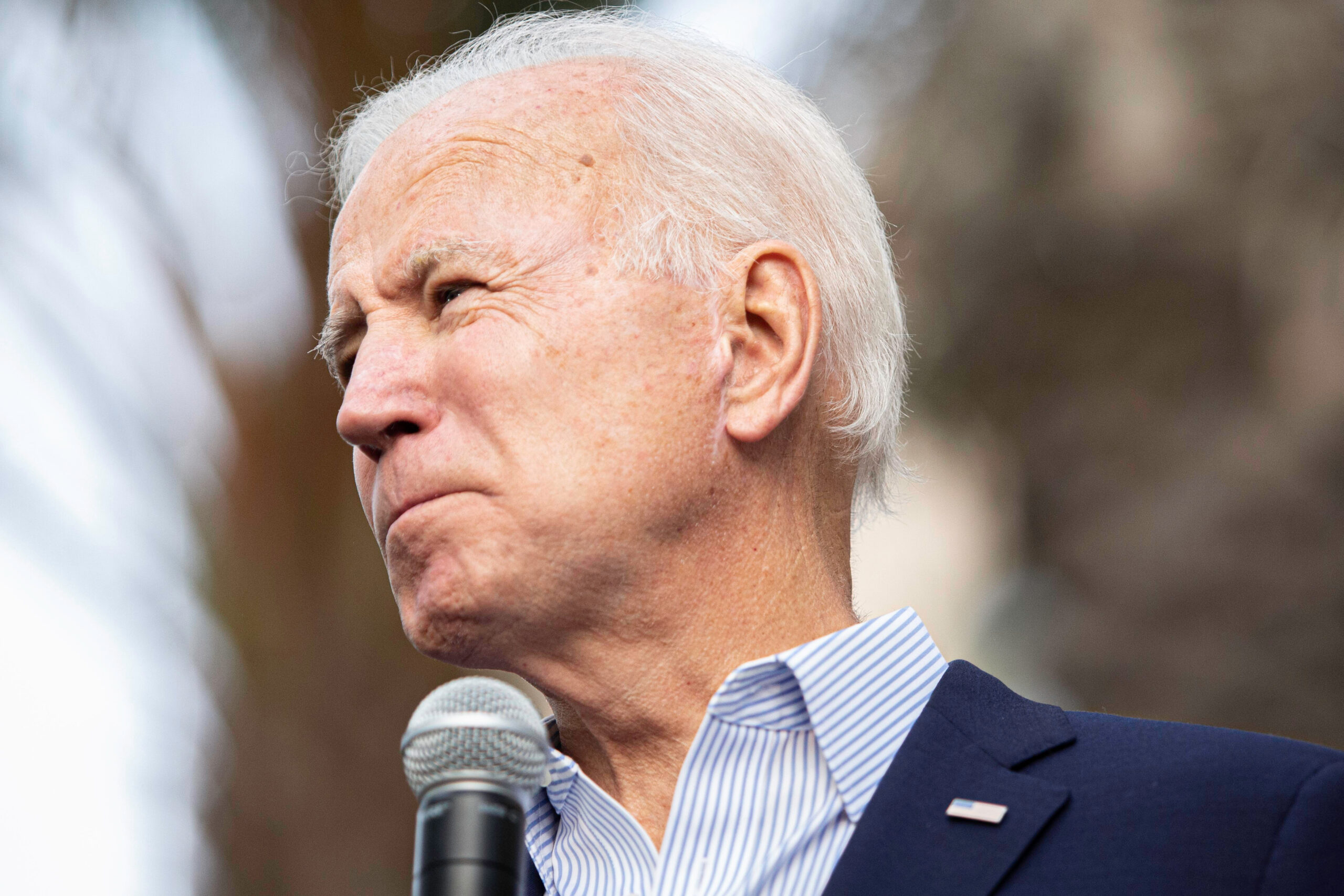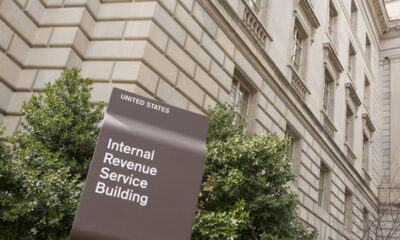Biden’s $500 Million Bet Against American Energy

The Biden Administration announced that it is approving $500 million in financing for oil development in the Middle East. The funding will be directed primarily to Bahrain and comes as the U.S. braces for a new oil shortage by the end of next year. The U.S. Export-Import Bank will be the vehicle for the payments designed to increase foreign oil and gas production. The payment will be five times the amount initially authorized by Congress and is the latest episode in Biden’s mission to destroy domestic energy production.
This funding follows the administration’s pattern of imposing stringent restrictions on domestic oil and gas production. The measures include the most restrictive offshore oil and gas leasing schedule in U.S. history and the cancellation of seven oil and gas leases in Alaska. Additionally, the Biden Administration has attempted to remove millions of acres of federal lands from potential oil and gas development. This move contrasts sharply with the increase in U.S. oil production toward the end of 2023, primarily due to state and private land activities.
The Export-Import Bank’s loan guarantee aims to “increase the production of oil and the availability of gas to meet the future energy demands” of Bahrain. However, this overseas funding has been met with criticism from within, including from six Democratic lawmakers who have expressed severe concerns regarding the potential environmental impacts and the contradictions in the U.S.’s climate commitments. Senator Jeff Merkley (D-OR) has notably called the Export-Import Bank a “rogue agency,” questioning its alignment with the Biden administration’s environmental pledges.
The administration’s decisions have been criticized for prioritizing foreign energy development over domestic production, which could lead to energy dependence and economic vulnerabilities, especially as the U.S. confronts potential energy shortages. Critics argue that these actions indicate an “America Last” energy policy, sidelining U.S. workers and energy independence in favor of overseas interests.
The Biden Administration’s approach to energy policy represents a paradoxical stance, advocating for significant climate change measures domestically while simultaneously supporting fossil fuel projects abroad. This dichotomy raises questions about the coherence and ultimate goals of the administration’s energy strategy, particularly in the face of looming domestic energy shortages.
The administration may inadvertently hinder economic growth and jeopardize energy security by restricting domestic energy production. Focusing on foreign oil investments, particularly in regions like the Middle East, will increase energy prices and lead to greater dependency on unstable areas, contradicting efforts to enhance national security and environmental sustainability.
Furthermore, the administration’s decisions may undermine the United States’ leadership in climate change initiatives by sending mixed signals to the international community. While pledging to reduce carbon emissions and halt the financing of fossil fuel projects abroad, the U.S. supports the projects it vowed to fight against.






















